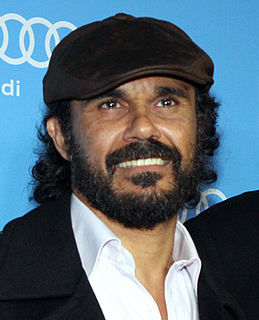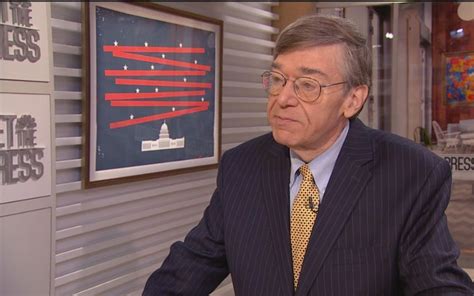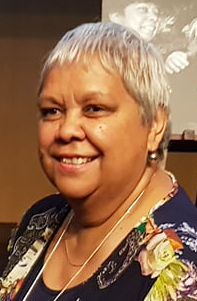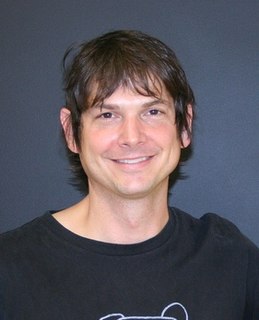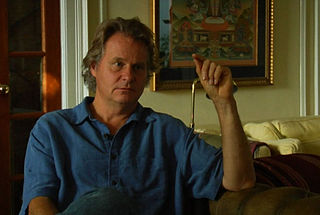A Quote by Derrick Jensen
So many indigenous people have said to me that the fundamental difference between Western and indigenous ways of being is that even the most open-minded westerners generally view listening to the natural world as a metaphor, as opposed to the way the world really is. Trees and rocks and rivers really do have things to say to us.
Related Quotes
We speak of 'software eating the world,' 'the Internet of Things,' and we massify 'data' by declaring it 'Big.' But these concepts remain for the most part abstract. It's hard for many of us to grasp the impact of digital technology on the 'real world' of things like rocks, homes, cars, and trees. We lack a metaphor that hits home.
I want to do the right things - I want to plant trees, I want to make sure that the indigenous forests are protected because I know, whatever happens, these are the forests that contain biodiversity, these are the forests that help us retain water when it rains and keep our rivers flowing, these are the forests that many future generations will need.
As people who are women, who are Indigenous and live on Indigenous lands, we know, and this is something I understand the older I get, that they don't visit the same way the postman may visit but they do visit. They visit in ways that our modern society often disregards and considers immaterial or unreal.
Though many non-Native Americans have learned very little about us, over time we have had to learn everything about them. We watch their films, read their literature, worship in their churches, and attend their schools. Every third-grade student in the United States is presented with the concept of Europeans discovering America as a "New World" with fertile soil, abundant gifts of nature, and glorious mountains and rivers. Only the most enlightened teachers will explain that this world certainly wasn't new to the millions of indigenous people who already lived here when Columbus arrived.
Bolivia is in the lead internationally in talking about the threat of environmental catastrophe. It's generally true where there are indigenous populations, there are important things happening; where the indigenous populations have been marginalized or exterminated, things go to a disaster. This is true worldwide, and Bolivia is striking because it's a majority population and in the lead.
We have reached a pivotal time in Indigenous affairs when for the first time, national attention is being paid to the horror of Indigenous family violence in this country. For the first time, an Australian Prime Minister has held a summit in the national capital to listen to concerns and ideas on this issue from a group of Indigenous leaders.
I find a difference between what gets called world music - a fusion of western music and music from different cultures in more of a modernized version - and Explorer Series stuff, which is completely undiluted indigenous folk music. That's a lot more powerful than a lot of the super-processed stuff that comes out now.
The problem is that those of us sympathetic with the plight of indigenous people view them as quaint and colorful, but somehow reduced to margins of history as the real world [(our world)] moves on We will be known as an era in which we stood by and either actively endorsed or passively accepted the massive destruction of both biological and cultural diversity on the planet.
For Indigenous Australians, equal rights and citizenship have not always translated into full participation in Australian society. All Indigenous Australians have only been counted in the census since the 1967 Referendum. Even so, State protection and welfare laws continued to control the lives of Indigenous Australians and denied them equal rights, well into the 1970's.



